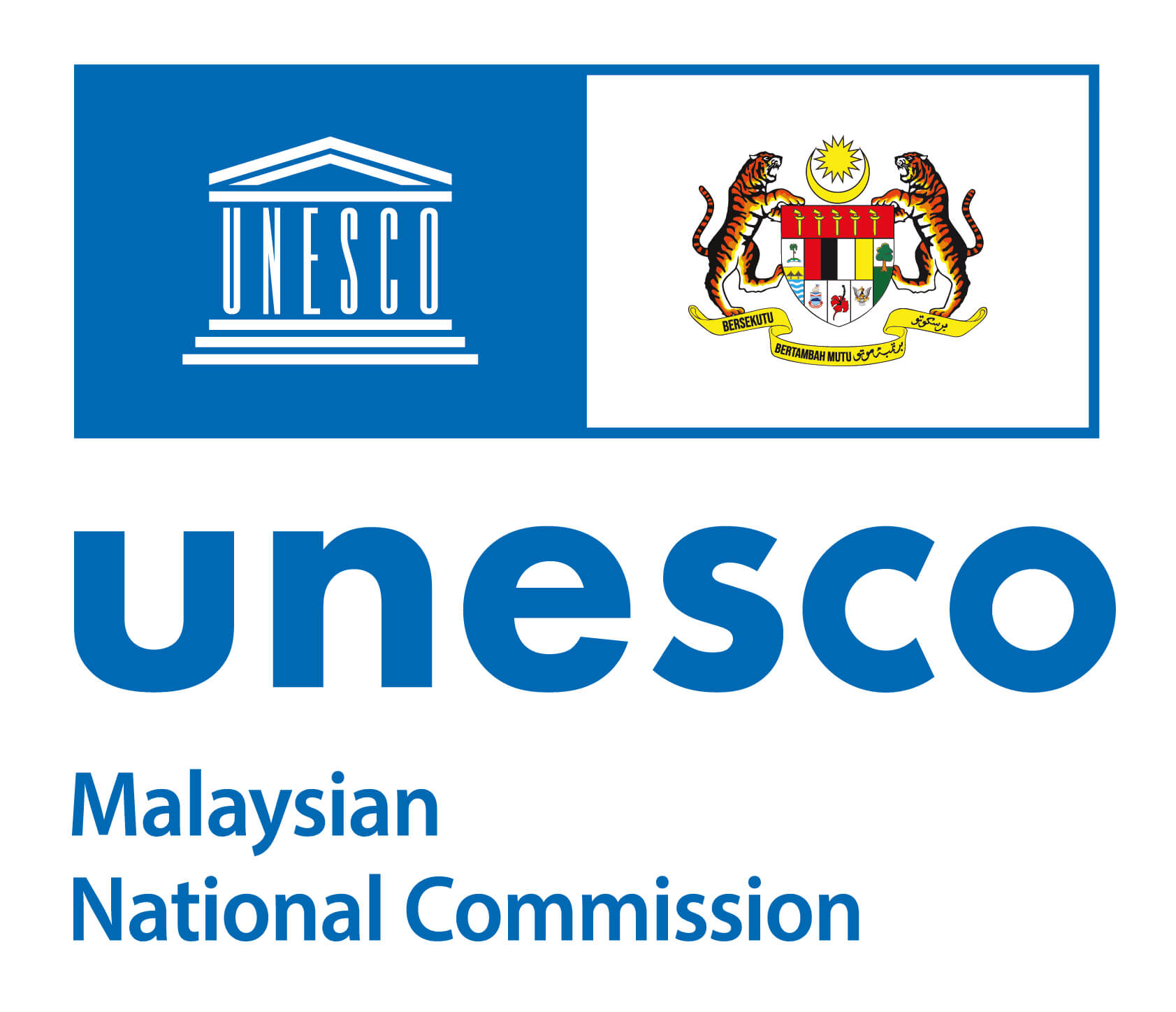UNESCO's Recognition > Science > Intergovernmental Hydrological Programme

Intergovernmental Hydrological Programme (IHP) in Malaysia
Malaysia, represented by the Department of Irrigation and Drainage (DID), has joined the UNESCO Intergovernmental Council of the IHP for the 2023-2027 term, as announced at the UNESCO General Conference in Paris in 2023. The Council is responsible for planning, setting priorities, and overseeing IHP implementation.
The Intergovernmental Hydrological Programme (IHP) is UNESCO’s primary vehicle for promoting international cooperation in water research, water resource management, education, and capacity building. Established in 1975, the IHP aims to enhance the knowledge base of the global water cycle and improve the sustainable management of water resources in an increasingly complex and interconnected world.
Through a combination of scientific research, policy advice, and education initiatives, the IHP addresses key water-related challenges, such as water scarcity, water quality, transboundary water management, disaster risk reduction, and the impacts of climate change on water systems. It fosters collaboration between governments, academic institutions, and other stakeholders to develop innovative and integrated approaches to water management.
The programme operates through six-year phases, each with specific thematic focuses that reflect evolving global priorities. Activities under the IHP include:
- Promoting Water Education: Developing curricula, training programs, and capacity-building initiatives to support the next generation of water professionals.
- Advancing Hydrological Research: Supporting scientific studies to better understand hydrological processes and the interactions between water, ecosystems, and human activities.
- Strengthening Water Governance: Providing technical guidance and policy recommendations to support equitable and sustainable water management practices at national, regional, and international levels.
- Facilitating Knowledge Sharing: Creating networks and platforms for the exchange of knowledge, best practices, and data among countries and organizations.
- Enhancing Disaster Preparedness: Supporting early warning systems, risk assessment tools, and community resilience programs to mitigate the impacts of water-related hazards like floods and droughts.


